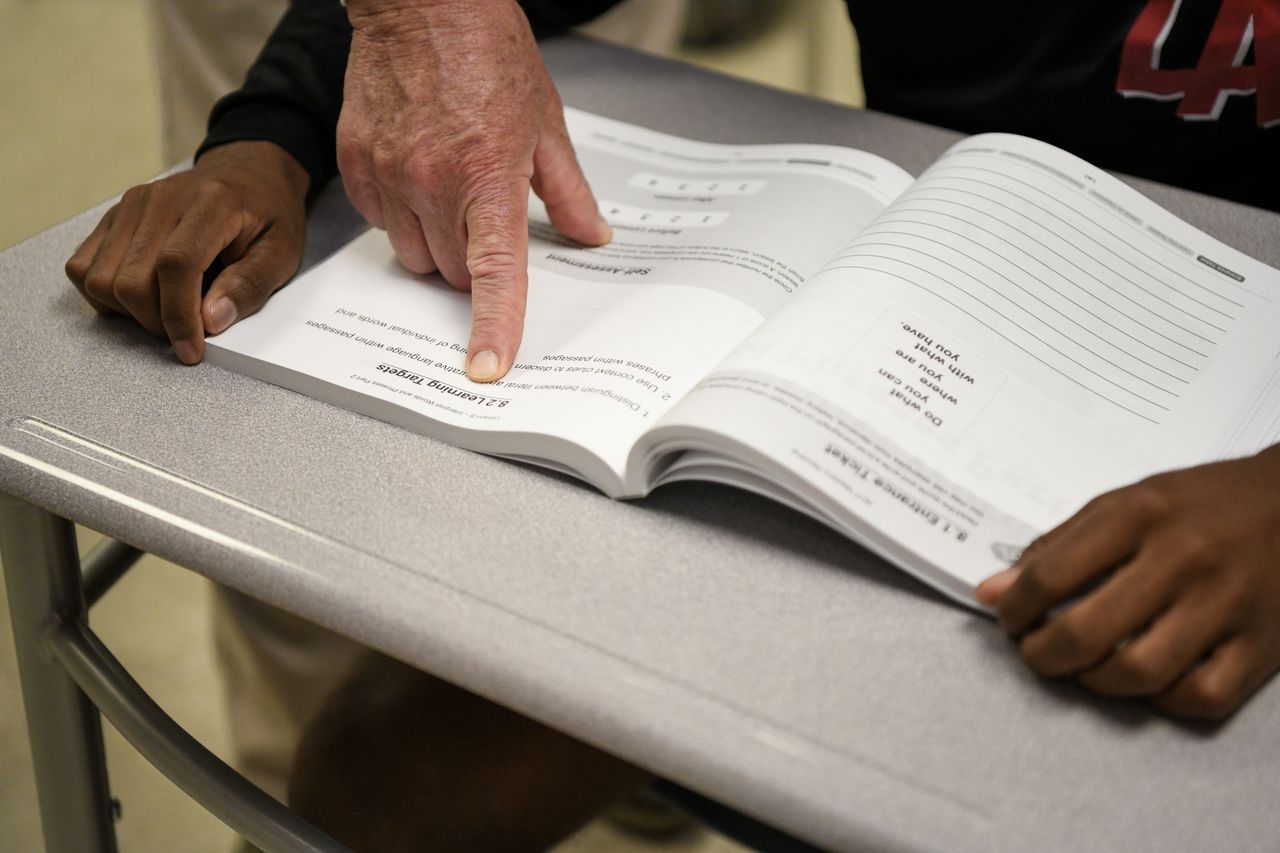Guest opinion: Why teachers leave and it isnât what you think
This is a guest opinion column
There have been ample reports about teacher shortages over the past couple of years. Teachers often leave the classroom because the job in practice is different from what they hoped it would be. This mismatch in expectations drives much of the teacher attrition that we see today.
Teaching has always been a challenging profession – one that often comes with long hours and additional stress. The pandemic drove many teachers from the profession by changing the definition of schooling itself.
Over the past three years, we interviewed more than 40 teachers and conducted a representative survey of more than 550 teachers in Alabama to understand what was driving attrition and shortages. Our findings surprised us.
Narratives about teacher shortages often overlook how school conditions create value conflicts within teachers – tensions between what they hope to do in the classroom and what they feel they actually can do.
The dominant narrative about teacher shortages has been concerned with limitations, painting schools as places with poor working conditions, overwhelming demands, and little reward. While some of this may be true in part, there is a deeper and more hopeful story here. Teachers want to do more but feel they are unable to. In short, there is no shortage of dedication.
We asked teachers about the most satisfying and least satisfying aspects of their work. What we learned was interesting. We noticed that highly dissatisfied teachers were also the ones that gained the most satisfaction from making a difference in students’ lives, having aha moments, and seeing their students’ growth.
Teachers who were planning on leaving teaching were the most likely to say that making a difference was what kept them in education. As one teacher shared, “I consider teaching [to be] a calling, but the ‘job’ part seems to be more interested in reports, meetings, and making sure we comply with all these mandates…The more I care about my kids, the harder it gets.”
Time was one of the issues that came up the most frequent in our conversations with teachers. As one teacher shared with us, “I’m doing the best I can with what I have, but there’s just not enough time.”
There are several issues that relate to teacher time. First, as these teachers shared, teachers wished that they got to spend more of their time on things that made a tangible difference in their classrooms with their students, and less time on things like paperwork.
Second, most teachers have planning time built into their daily schedules. However, this time is not always honored. During the pandemic, teachers often had to forgo their planning time to cover for teachers who were absent. Now that schools have begun to return to normal, it is important that their professional planning time is protected.
Actions to retain teachers, including reducing certification requirements, increasing pay, or improving retirement options are important. However, these items mainly address limitations that exist and may be insufficient because they miss the mark on why many teachers leave.
Our research suggests that teacher retention efforts that address teachers’ purpose are just as important. When we asked teachers how to accomplish this, most of the things they suggested were small changes that can be made within the existing structures of schooling like simplifying how attendance is taken, protecting planning time, and taking some paperwork requirements off of teachers’ plates.
We also noted what teachers did not ask for: major policy changes, extra funding, or substantial district support. The things they asked for can be carried out in most schools without substantial amounts of additional funding.
Some have suggested that the current teacher shortages are more evidence that the educational system is fundamentally broken. However, another narrative exists as well. Teachers are dedicated to connecting with their students, caring for their well-being, and facilitating their growth and development.
The silver lining that emerges from our work is this – there is no shortage of teacher dedication. It is time we let them do their jobs.
Andrew Pendola is an associate professor of educational leadership and David T. Marshall is an associate professor of educational research. Both work in the College of Education at Auburn University. Both are former middle and high school social studies teachers.
